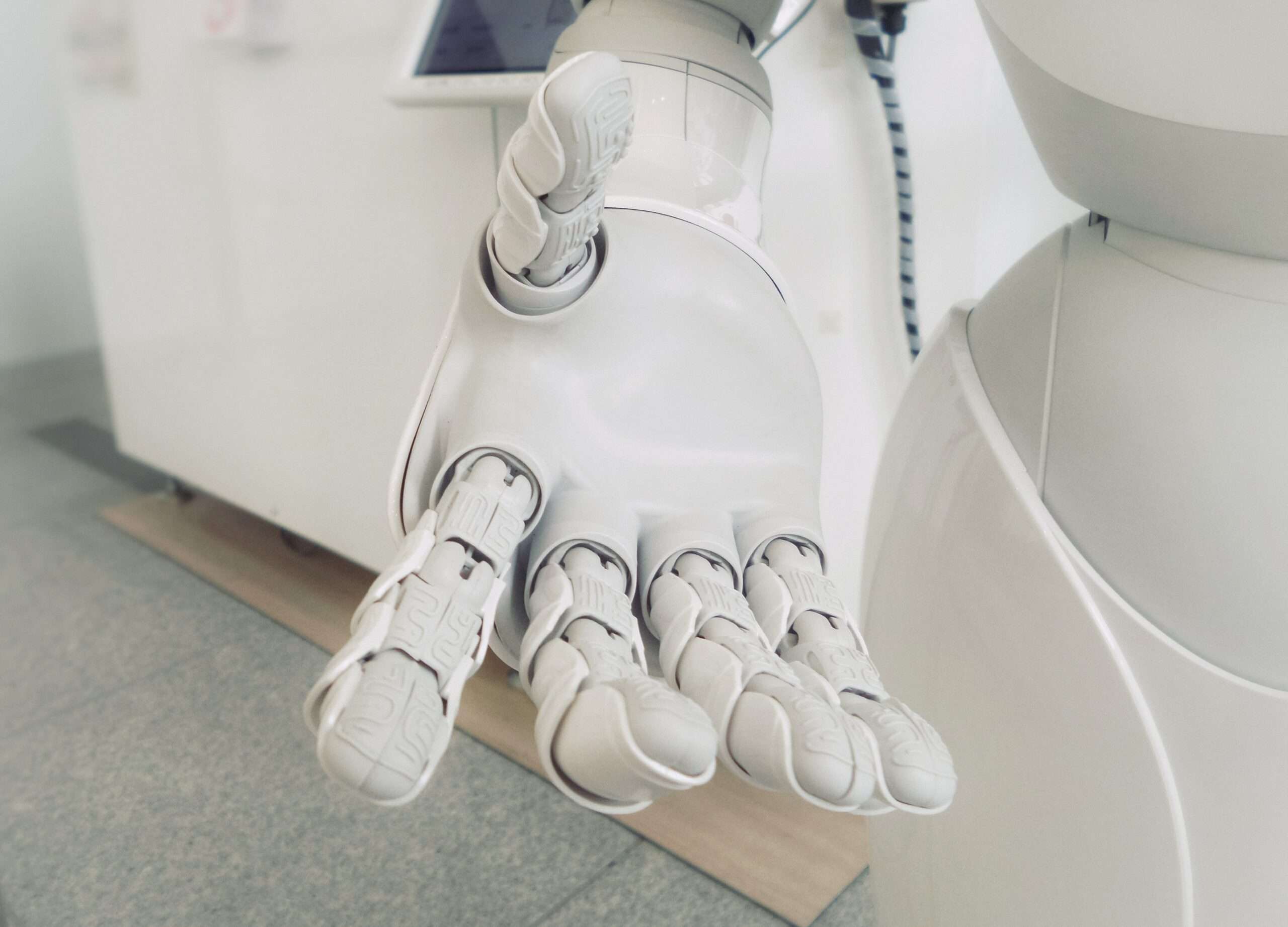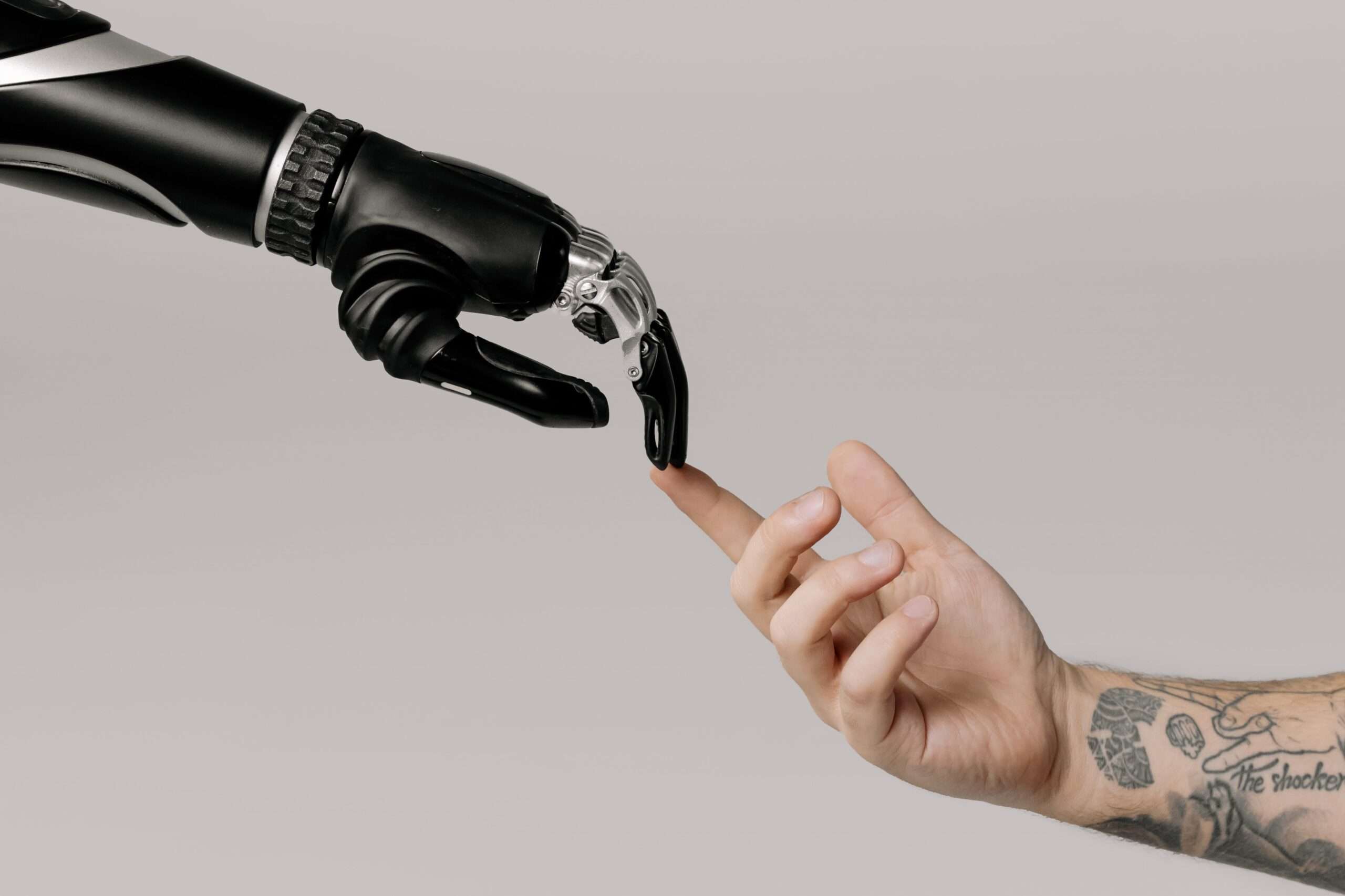Asia Pacific is known as an economic powerhouse. Home to both advanced and rapidly emerging economies, its growth rate has seen the region play a pivotal role in shaping the global economy. But how it has grown to date, is not how it will grow in the future.
As we identified in our 2022 report, Asia Pacific’s Time: Responding to the new reality, while the economy has rebounded from the pandemic lows, we continue to see financial, environmental and social pressures converge to create new and more complex challenges. Businesses in the region must reshape uncertainty into opportunity, complexity into clarity and problems into potential. Now, in our 2023 Asia Pacific Workforce Hopes and Fears survey, this need is amplified.
Our survey of 19,500 Asia Pacific employees – as part of the annual Global Workforce Hopes and Fears Survey – shows, for the first time, a striking similarity between employees and employers on the critical need to transform to survive. 39% of employees believe their organisation is unlikely to survive more than 10 years if it continues on the same path. This chimes with our 2023 Asia Pacific CEO Survey, with 53% of CEOs expressing the same concern.
What will this mean for the workforce? Change. Organisations will only succeed in their reinvention if their people are fully engaged, motivated and eager to contribute. So, are they ready for what lies ahead?
Our survey identifies six factors impacting their readiness to evolve. They are business viability, employee sentiment, workforce skills, emerging technology, work environment, and climate action.
- 39% believe their organisation will not survive more than 10 years if it continues on its current course – comparable to the 53% of Asia Pacific CEOs who shared this sentiment in our 2023 CEO survey.
- Employers and employees agree that reinvention is key to business viability.
- ‘The Great Resignation’ is far from over in Asia Pacific.
- Job satisfaction remains steady at 57% compared to our 2022 survey.
- In the next 12 months, roughly 40% are extremely or highly likely to ask for a pay raise or a promotion while about 30% are likely to change employers.
- These figures represent a 7–10% increase compared to the previous year’s survey, indicating an increased willingness among employees to make changes in their careers.
- 44% believe that the skills required for their jobs will undergo significant changes within the next five years. However, only 48% have a clear sense of how.
- Human skills matter most, with adaptability/flexibility (69%), collaborative skills (67%), and critical thinking (66%) seen as more important than technical or core business skills.
- Skills are hiding in plain sight – less than half (48%) feel that their employers provide them with opportunities where they can apply their skills effectively in the next five years.
- Asia Pacific employees are bullish about artificial intelligence (AI) with 41% saying it will increase productivity and efficiency at work, and 34% viewing it as an opportunity to learn new skills.
- 22% lack confidence in their ability to acquire new AI-related skills. 16% of respondents believe that AI will replace their roles and an equal percentage feel that AI will have no impact.
- Few managers foster a culture that embraces failure, creativity and experimentation. Only about 30% of employees believe their managers tolerate small-scale failures or encourage dissent and debate. Interestingly, there’s a misalignment with CEOs in the region with half thinking small-scale failures are tolerated and debates are encouraged.
- Feedback, which is essential for a culture of transformation, is uncommon in Asia Pacific. Only one in two employees actively seek feedback and provide constructive feedback to their coworkers.
- There is no strong sense of urgency among employees to push their employers to take climate action. Only 41% believe that their employers have a responsibility to address climate change.
- This aligns with Asia Pacific CEOs’ plan to increase investment into climate actions only in the medium term but not in the short term.
The article was first published here.
Photo by Rostyslav Savchyn on Unsplash.

 5.0
5.0 





















